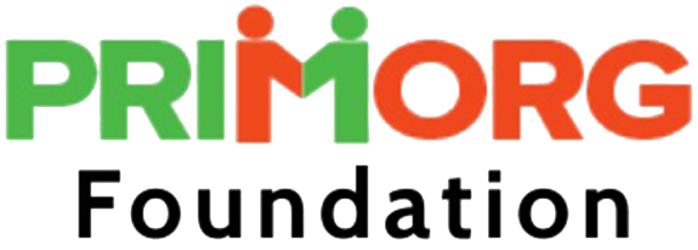CERTIFICATE of ORIGIN ISSUANCE: Nigerians Alarmed Over Widespread Fraud
… urge Govt to beam searchlight on corruption at subnational
Oru Leonard
Federal and state governments in Nigeria have been alerted following a spate of forgery cases and disregard of due process in certificate of origin issuance at Local Government Area (LGA) offices across the country.
The alarm was raised by the Executive Director, Partners West Africa-Nigeria, Kemi Okenyodo, during an anti-corruption radio programme, PUBLIC CONSCIENCE, produced by PRIMORG, Wednesday in Abuja.
Investigations published by TheCable recently exposed how officials at LGAs in Lagos, Ogun, Nasarawa states and Abuja jettison due process for bribes in issuing certificates of origin to the people.
Speaking during the radio programme, Okenyodo, who was not surprised at the absence of integrity in the local government system, noted that the development is a breeding ground for security and transparency challenges the country continues to grapple with.
She called on the government to beam the searchlight on corruption at LGAs and introduce reforms geared towards strengthening the anti-corruption fight at the subnational. She added that the government should devise means of better informing and sensitizing the people about the process of obtaining a certificate of origin to save the unsuspecting public from extortion.
“The duty of the government is to make obvious and put into the public space the process for getting certificates of origin, the cost and the duration.
“The information should be out there in a dialect that people would understand and in a form that is easy and accessible to them so that those who do not avail themselves of the information have the responsibility to get the information and follow through and know where to report what is wrong.
“The government should make things transparent. They should make the process for not only for a certificate of origin but other services at the local government level open and transparent.” She stated.
Okenyodo also urged the government to strengthen the National Identity Management Commission and leverage data from National Identification Number (NIN) in building a national data bank while calling on massive awareness of the citizens on the dangers of certificate forgery.
Speaking on the report, investigative and multimedia journalist at TheCable, Samad Uthman, lamented the lack of a proper national database while revealing that massive trading of certificates of origin and other documents for money was going on at local government offices across Nigeria.
Uthman revealed that applicants of certificate of origin in Kokona LGA, Nasarawa state, pay up to N10,000 to get the document without due process; At Abuja Municipal Area Council (AMAc), applicants pay between N20,000 to N25,000 to obtain the same certificate at the council office without submitting necessary prerequisite documents, adding that the scenario is not different from their findings in Lagos and Ogun states.
He lamented that further research on the issuance of certificate of origin on Twitter shows that lack of due process is prevalent in every part of the country and could be worse at border towns in northern Nigeria.
“The investigation took place in Abuja, Nasarawa, Lagos and Ogun states. In Abuja, we visited AMAC and Bwari Area Council; in Nasarawa state, Kokona and Keffi LGAs; in Ogun, we visited Ife and Shagamu LGAs; while in Lagos, we went to Ikeja, Olumosho, Oshodi-Isolo LGAs and we realized that only in Ikeja that officials insisted on due process when it comes to issuing the certificates.
“We realized that the situation is prevalent in all parts of the country, especially the north and the southern part of the country; when the story was published, we received tons of evidence from the public, even when we had a Twitter space meeting on certificate issuance people spoke on it,” Uthman explained.
Public Conscience is a syndicated weekly anti-corruption radio program PRIMORG uses to draw government and citizens’ attention to corruption and integrity issues in Nigeria.
The program has the support of the MacArthur Foundation.




